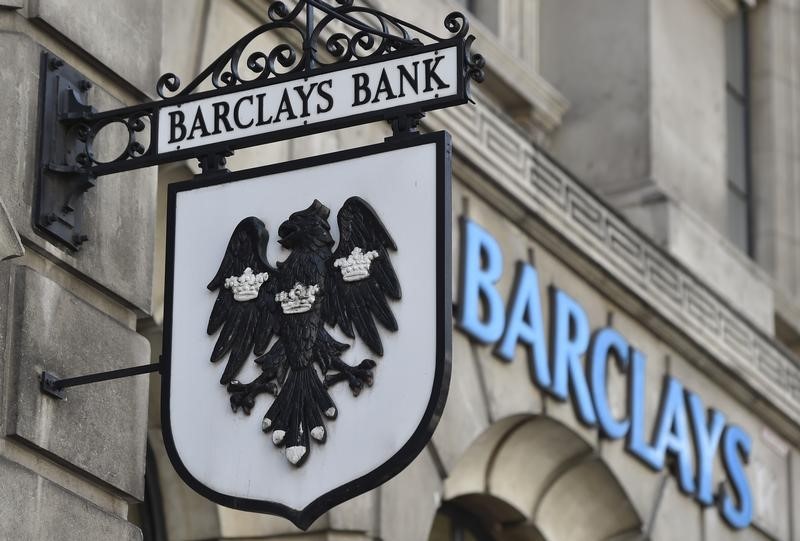By Lawrence Hurley
WASHINGTON (Reuters) - The U.S. Supreme Court on Monday allowed Barclays Plc (L:BARC) to claim about $4 billion of disputed assets as part of its hurried purchase of much of Lehman Brothers Holdings Inc's[LEHRG.UL] brokerage unit at the height of the 2008 financial crisis.
The U.S. top court declined to hear an appeal filed by Lehman's creditors, leaving intact an August 2014 ruling by the 2nd U.S. Circuit Court of Appeals in New York that went in favor of Barclays.
Barclays already had control of $3.5 billion of the disputed $4 billion.
Trustee James Giddens has been seeking to recoup money for the brokerage's creditors, including Lehman affiliates and hedge funds. Lehman had been Wall Street's fourth-largest investment bank. It had $639 billion of assets when it filed for Chapter 11 protection on Sept. 15, 2008, making its bankruptcy by far the biggest in U.S. history.
Barclays won court approval to buy much of Lehman's brokerage business at a Sept. 19, 2008, hearing overseen by U.S. Bankruptcy Judge James Peck in Manhattan.
A dispute remained, however, over how to dispose of various "cash" assets of the brokerage. These included the $4 billion of margin assets held by third parties to support a Lehman exchange-traded derivatives business.
Also in dispute was $1.9 billion of "clearance box" assets used to process securities trades, although that was not part of the Supreme Court appeal.

In February 2011, Peck said Barclays was entitled to the clearance box assets but not the margin assets. But in July 2012, U.S. District Judge Katherine Forrest in Manhattan partially reversed him, and said Barclays deserved both. The appeals court upheld that decision.
"We are disappointed but remain focused on continued progress in winding-down and closing out" the Lehman Brothers estate, said Kent Jarrell, a spokesman for Giddens. "The trustee appropriately reserved for the Barclays litigation, so the decision does not impact distributions already completed or assets on hand for potential additional distributions to unsecured general creditors."
The case is Giddens v. Barclays, U.S. Supreme Court, No. 14-710.